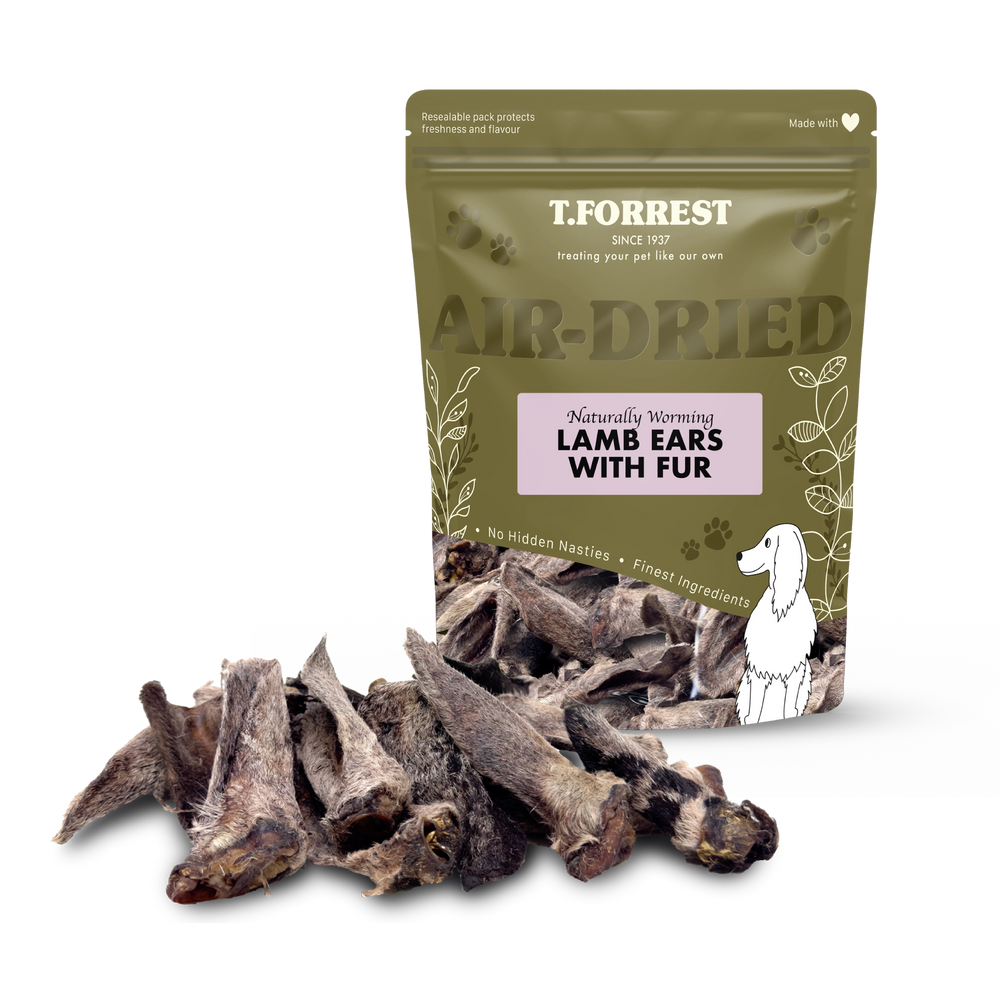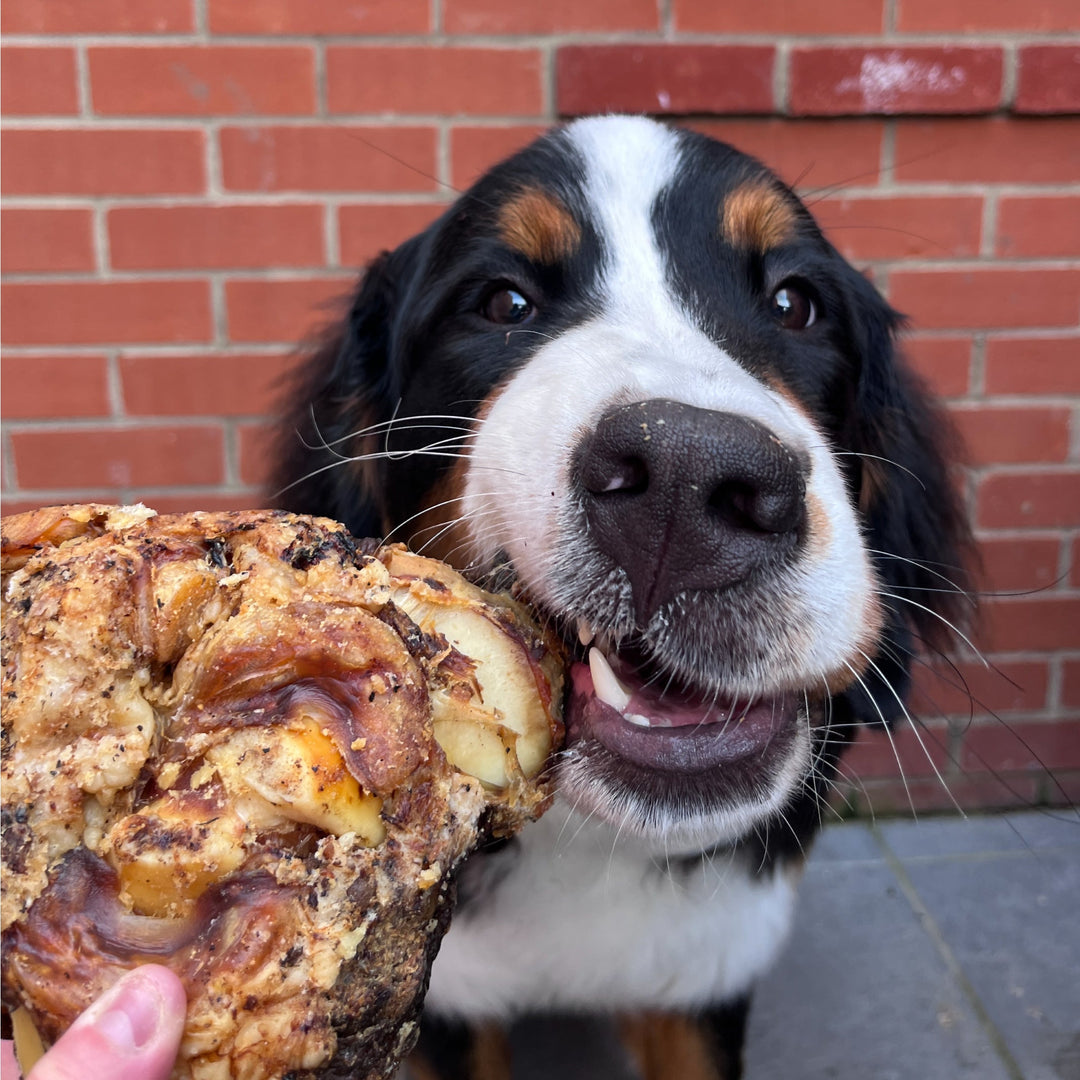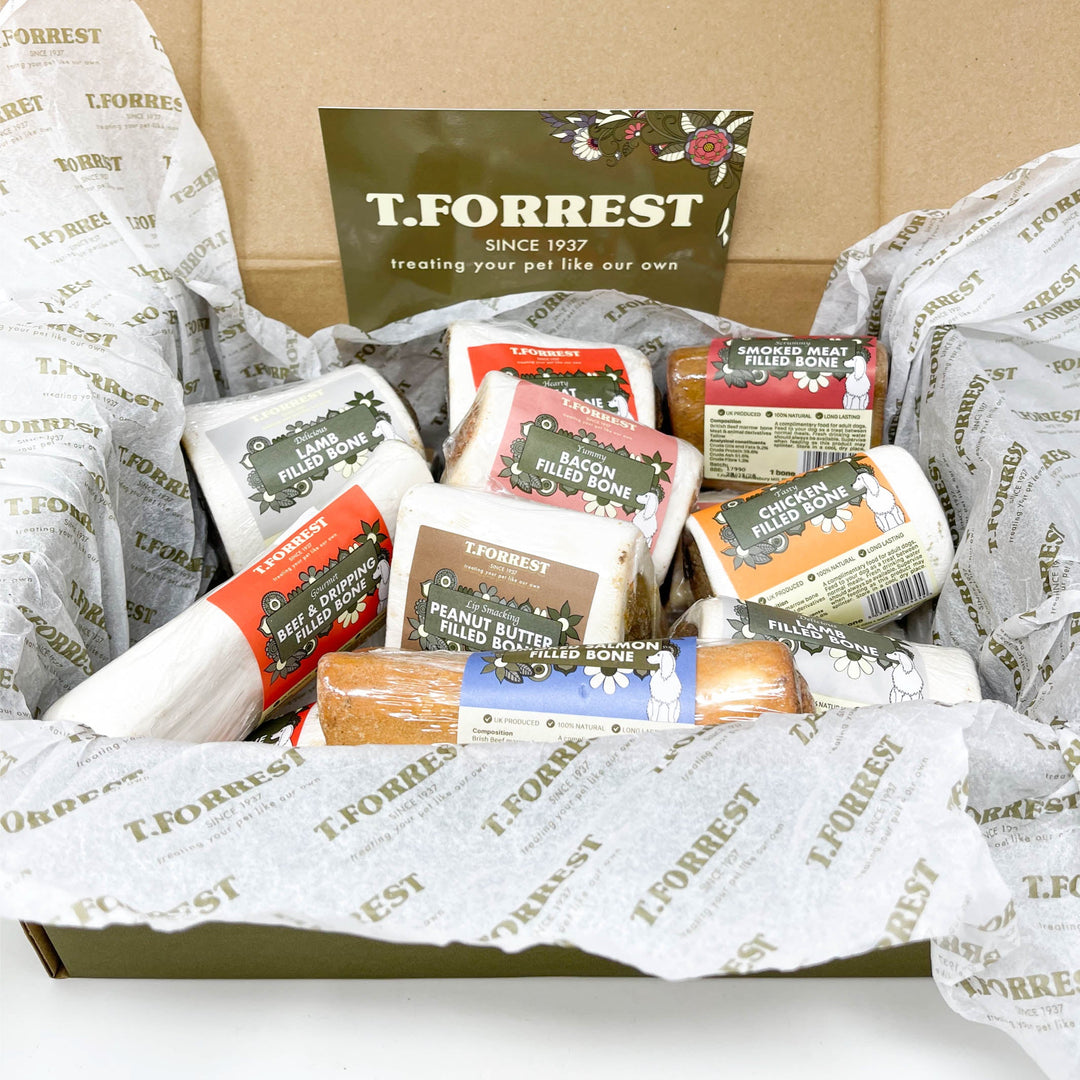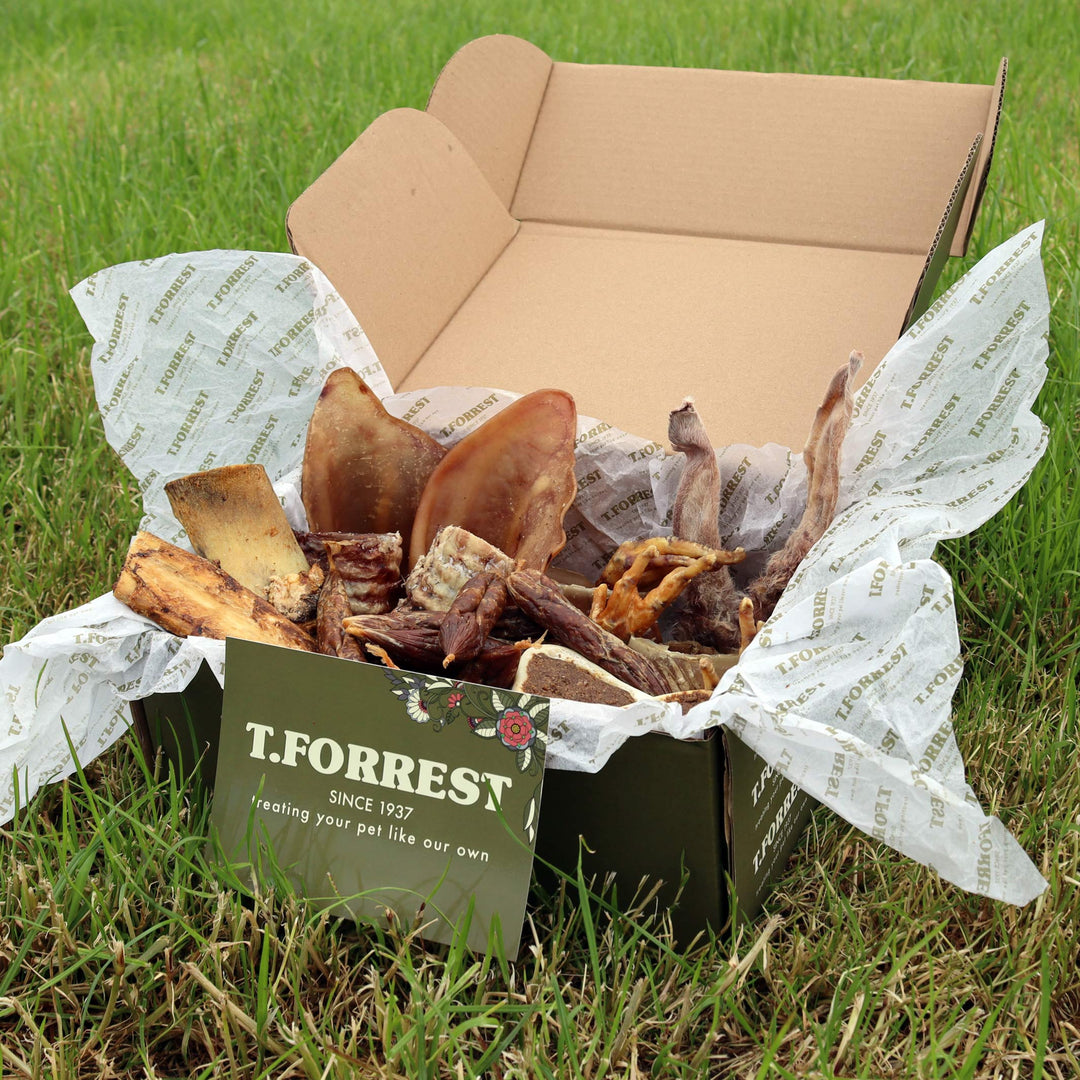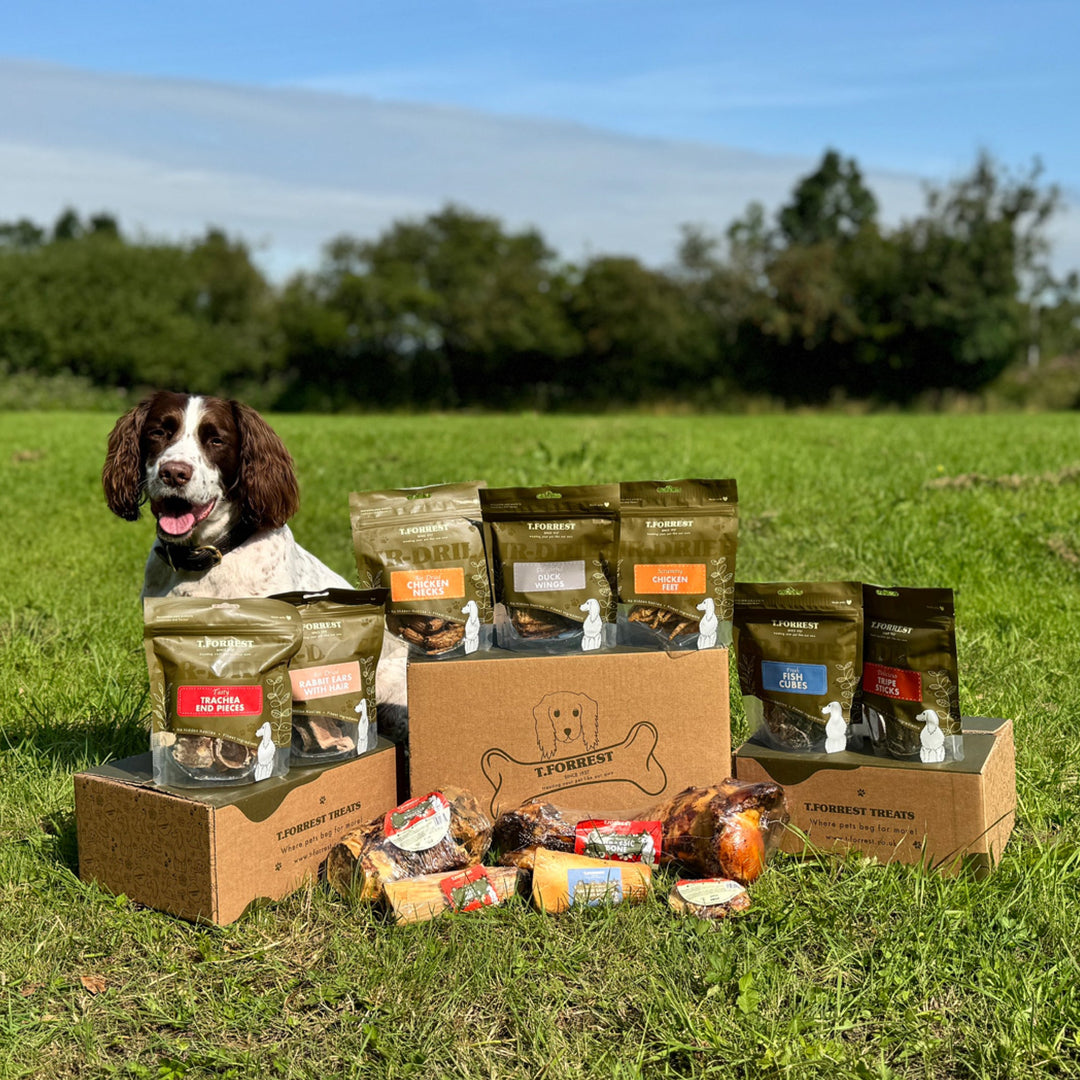What is a working dog?
Working dogs have played essential roles within the farming and agriculture sectors. For centuries man and dog have worked together to perform work tasks.
However, in recent years our canine friends are now working in more diverse roles.
We have finely tuned many of their natural instincts with specific training to work in social care, police, and the army to name a few.
Here are some examples of dogs with jobs.
Service dogs
- Guide Dogs
- Mobility Assistance dogs
- Hearing dogs for the deaf
Therapy dogs
Therapy dogs are pets that improve health by giving emotional support. These special dogs are gentle and friendly by nature. They accept strangers petting them and are patient and unbothered by children.
A therapy dog will visit a variety of settings. They are frequent visitors to retirement, nursing homes, schools and hospitals.
Police and military dogs
Military and police dogs are amazing in every sense of the word. These pups assist in a huge range of duties for law enforcement. 
These working dogs undertake numerous tasks including general support work, search and rescue, and detection. The work they do is paramount in assisting the forces. They help uncover evidence that may have been missed by the human eye. They can quickly apprehend suspects, and even help track down missing people.
Police dogs' main task is to deter suspects from running. Apprehend them, and assist in making an arrest. That's not all. These police dogs can be used for anything from guarding, protection and tracking. They're great at locating drugs, evidence, and even human remains.
Detection dogs
Dogs are capable of detecting tiny traces of human scent. Studies show they can detect one part per trillion. This is the equivalent of one teaspoon of sugar in two Olympic-sized swimming pools.
These super sniffers help scientists and medics develop faster ways to detect diseases. Their highly tuned senses are able to detect cancers, neurological diseases, and bacterial infections. Their work is vital to medical professionals who are able to diagnose disease early.
Search and rescue dogs
Dogs’ noses have 300 million receptors compared to our 6 million. Due to their superior sense of smell, dogs can pick up the scent from these rafts from ¼ of a mile away.
These amazing dogs are valuable after natural disasters, mass casualty incidents, and for locating missing people. They can find people under snow, under collapsed buildings, and underwater.
Farm Dogs
Did you know that a substantial number of domestic dog breeds were originally developed as working farm dogs?
Guarding livestock
For centuries, dogs of all breeds have dedicated themselves to protect livestock and farms. The best guard dogs provide essential security from predators thieves and unwanted visitors.
Herding farm animals 
Effective herding dogs are masters at leading farm animals out to pasture, and back to the safety of the pen in the evening. Highly trained farm dogs respond without hesitation to commands, gestures, and sounds. Dogs who are good herders are both agile and alert.
Ratters / pest control
Keeping farm products safe from pests is largely the job of small, energetic, and tenacious dogs. To call these dogs “ratters” is to sell them short. Yes, they are experts at tracking and catching rodents, rats, and mice primarily, but also help deter other predators such as badgers and foxes.




